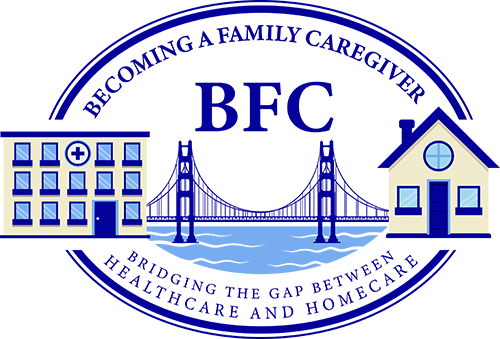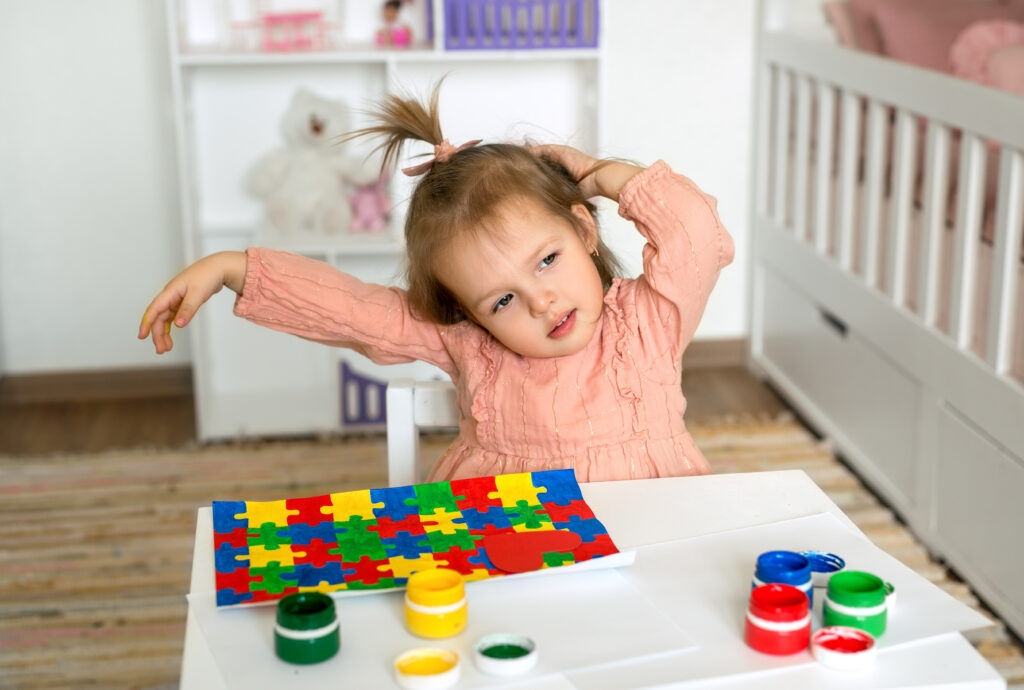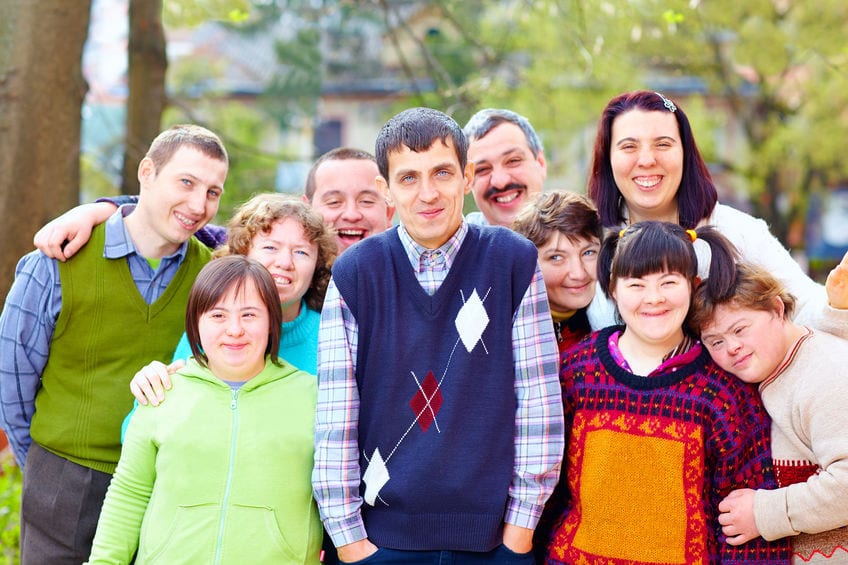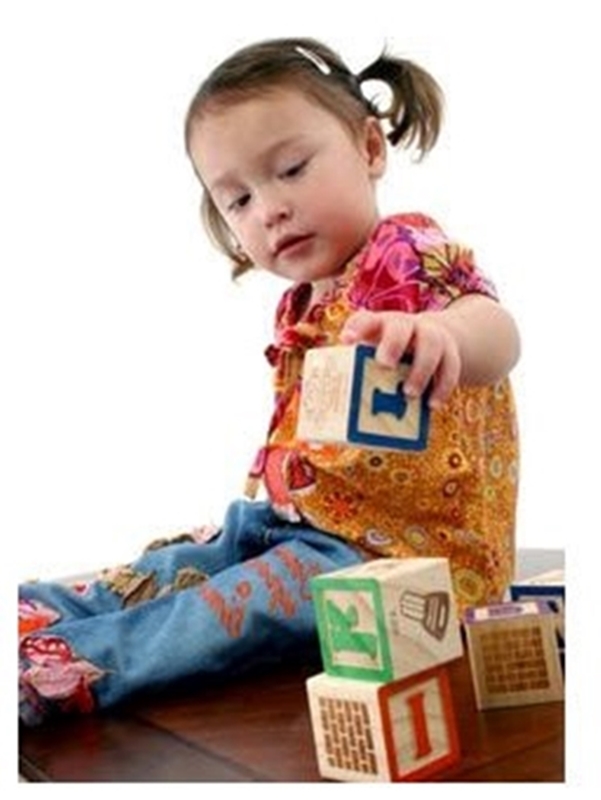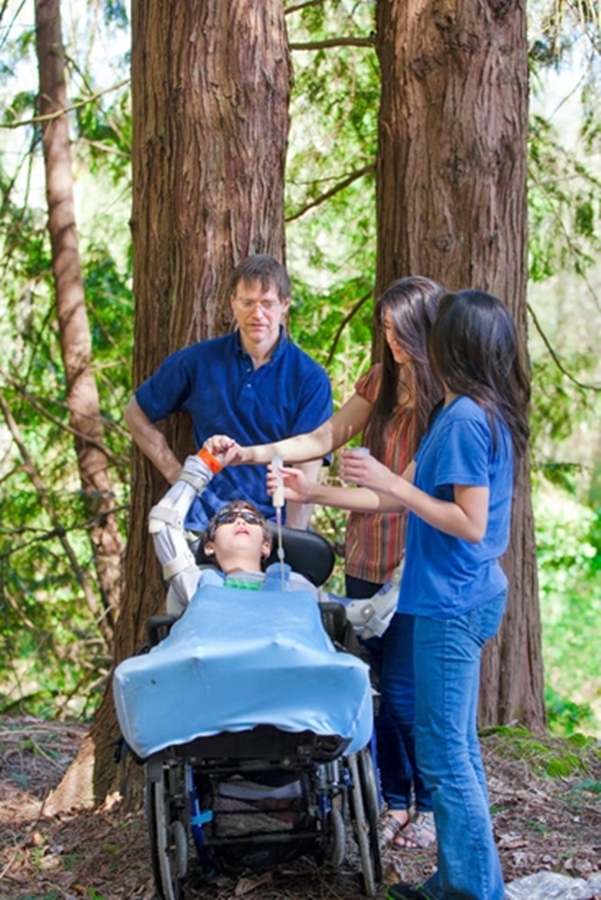Attention Deficit Hyperactivity Disorder (ADHD)
Attention Deficit Hyperactivity Disorder Behaviors Attention Deficit Hyperactivity Disorder is a problem of not being able to focus (inattentiveness), being overactive (hyperactivity), not being able to control behavior (impulsivity), or a combination of these beyond the normal age-ability of the individual. It affects both children and adults and is on the increase. Treatment Treatment […]
Attention Deficit Hyperactivity Disorder (ADHD) Read More »
